Що ви маєте знати про підготовку тварини до операції
Опубліковано
05.12.2019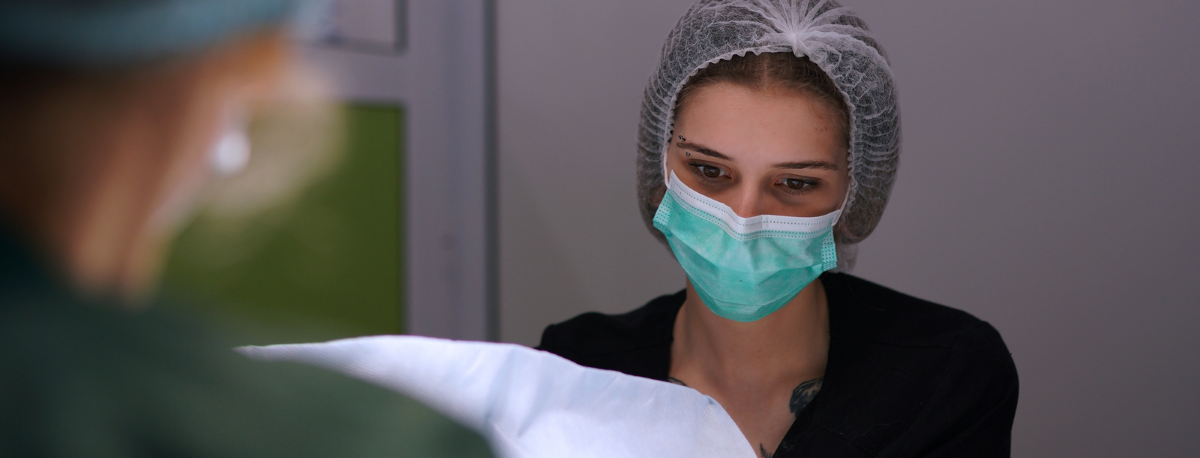
Preparation for anesthesia
Most surgical operations and diagnostic tests are performed under general anesthesia. Indeed, the administration of anesthetics and sedatives is associated with a certain risk, and surgery is equally painful for both humans and animals. In fact, everything is not so scary if you prepare for it properly.
Despite the significant development of anesthesiology and surgery in recent years, there is always a risk when undergoing general anesthesia, whether during a planned operation (spaying, neutering) or a diagnostic examination that requires an anesthetic approach (gastroscopy, ERG, X-ray, etc.). To assess and minimize risks, preoperative examination and preparation should be carried out, namely - history taking/examination - additional tests - diet.
A general examination means determining the physical parameters of the animal: body temperature (in dogs 37.8 - 39.1 °C, in cats 38 - 39.1 °C), color of mucous membranes, examination of the oral cavity, determination of the quality of the pulse, auscultation of the lungs and heart, palpation of the abdomen and external lymph nodes. Anamnesis is the collection of information about diseases that the animal may have suffered previously or is currently in a chronic state, whether there have been recent nutritional disorders, whether vaccinations have been performed, whether treatments for ecto- and endoparasites have been performed, whether the animal has allergies and what drugs the animal is taking/took before, etc. Usually, all the information is contained in the card if the animal has been with us before.
Additional tests include blood tests, namely a complete blood count, biochemical analysis and coagulogram, ECG, ultrasound, chest X-ray.
Usually, not all animals need the full range of tests, mostly old animals with chronic diseases. The need for tests is decided by the anesthesiologist, regardless of the age of the animal, based on the severity of the surgery and the patient's condition.
Sometimes it is necessary to preoperatively prepare the patient in the NICU for correction of existing pathologies. ECHO (ultrasound of the heart) is also practically mandatory for risk group breeds in cats (Siamese, Maine Coon, British, Scottish Fold, Norwegian Forest, Sphynx, Persian, Ragdoll) and dogs (Central Asian Shepherds, Great Danes, Zinnenhounds), boxers, poodles, Cavalier King (Charles Spaniel), which will detect possible heart problems at an early stage and which can affect the course of anesthesia, increasing the risks up to the cancellation of the operation and the start of more detailed diagnostics and treatment in the future.
In dogs, a chest X-ray is additionally performed to exclude cardiac pathologies. An abdominal ultrasound is necessary if pathologies are suspected based on blood tests and examination of the animal. After collecting the results of the examination, tests, and ultrasound, you can discuss possible anesthetic risks in general.
If there are no contraindications to anesthesia according to the results of the research, the final preparation of the animal, namely the diet, should be carried out. The diet is necessary to prevent vomiting and its consequences on the respiratory tract during the preparation of the animal for surgery, as well as to ensure easier access to the abdominal cavity and normal hemodynamics. The time of the fasting diet for animals varies from 4 to 12 hours and depends on the species, age and size of the animal.
That's it, now we are ready to start preparing for the operation, which takes place in a surgical hospital, but that's another story.
A note from the anesthesiologist:
- Before scheduled surgeries, except for gastrointestinal operations, it is recommended to give ½ a single portion of WET food 4-6 hours before the operation. Restrict access to dry food at night. If feeding is natural, it is recommended to grind the food and less protein/more carbohydrates. If feeding only dry food - feed in 8 hours, pre-soaking the food with water.
There are no restrictions on water intake, the last drink can be on the day of surgery, before leaving for the clinic. We recommend that owners bring a portion of pet food with them to the hospitalization (especially if they are on a diet)!
- Puppies and kittens under 4 months of age, as well as Toy-breeds weighing less than 2 kg should NOT be fasted for longer than 2-3 hours.
- In dogs of brachycephalic breeds (pugs, French and English bulldogs, boxers), the evacuation of contents from the stomach is slowed down. For such dogs, the recommended fasting period should be at least 12-16 hours - that is, the dog can be fed at lunch or in the evening, the day before the operation. Water should be limited 2 hours before the planned intervention.
- Before performing esophagogastroduodenoscopy, biopsy of the gastrointestinal tract, gastric surgery, a fasting diet of 10-12 hours is recommended. Water should be limited 2 hours before the planned intervention.
- Before performing operations on the large intestine, a fasting diet for 24 hours is recommended, and a high-fiber diet for 5-6 days.
- If the animal is taking any medications, they should be brought with you.
Схожі статті
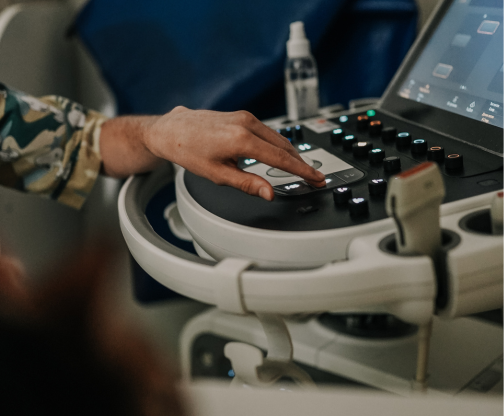
Preparation for ultrasound examination (ultrasound)
It is important to remember that proper preparation of the animal can significantly facilitate the abdominal ultrasound process. By performing this procedure, the doctor can detect possible problems in time and provide proper treatment. High-tech ultrasound is one of the ways to quickly and informatively diagnose and ensure a long and healthy life for our pets.

Brachycephalic syndrome in dogs and cats.
What exactly is brachycephalic syndrome and how to live with it, how to prevent complications for the body that this syndrome can lead to?
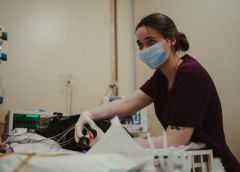
WHY ARE DOCTORS NOT ALL-POWERFUL?
A good doctor is worth its weight in gold. Everyone understands this and can spend years looking for the best one, and when they find one, they will expect miracles.
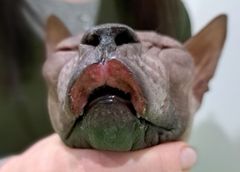
Allergy
Allergy

SYNDROME OF TIRED TANKLES IN CATS
Tired antennae of a cat or What do you know about fatigue?

Bacterial myocarditis
This disease is extremely rare in dogs. In cats, it is even less common - 0.006-0.018% of cases.

How to protect home lovers from radiation damage.
In recent days, we have received many calls asking for advice on the need to protect animals during a possible radiation exposure.
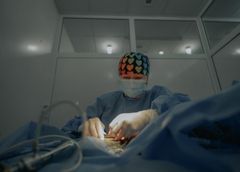
STERILIZATION AND CASTRATION OF CATS AND DOGS
Such operations do not affect the change of the animal's character. They can be done from an early age, in particular from 8 weeks. Convenience, first of all for the animal, is that the young organism has the ability

Side effects of antiparasitic drugs
The need for tick and flea treatments for pets is a well-known fact.
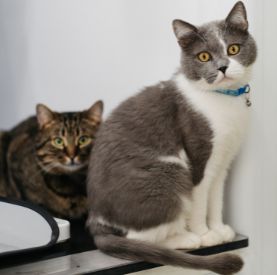
How you can help calm cats and reduce stress today
the head of the felinology department, tells us.

